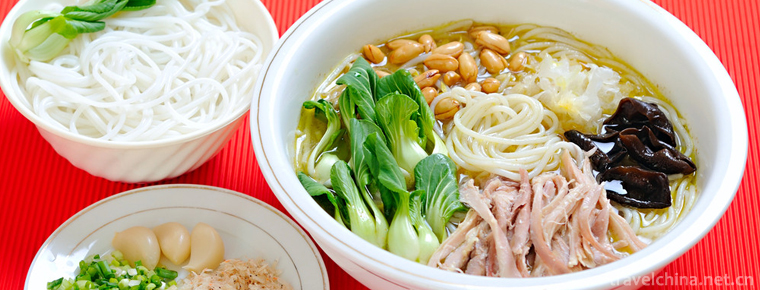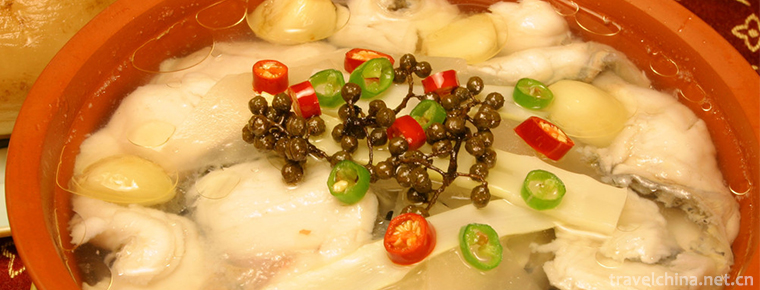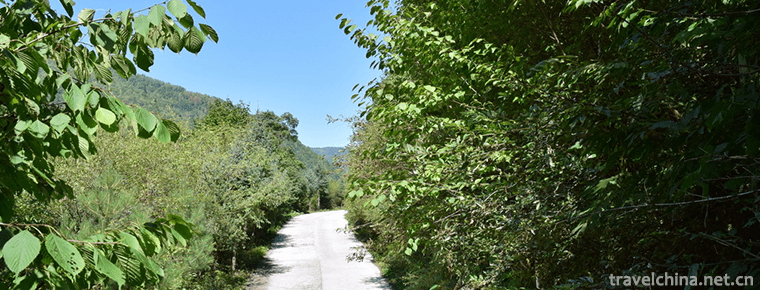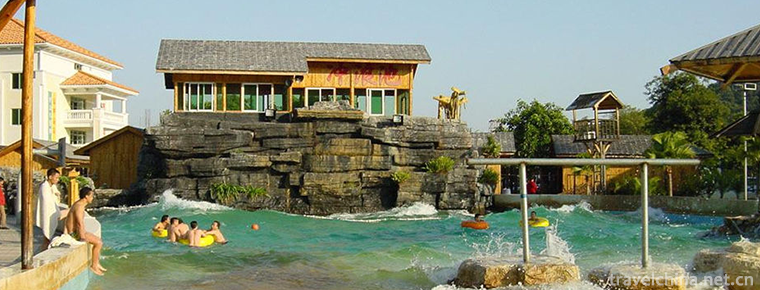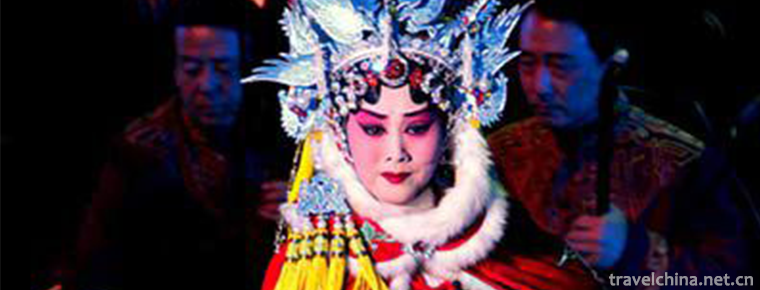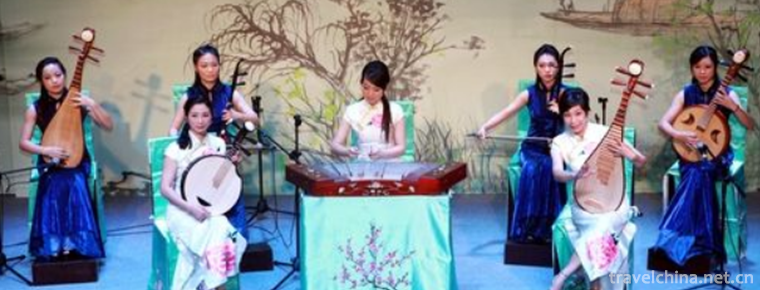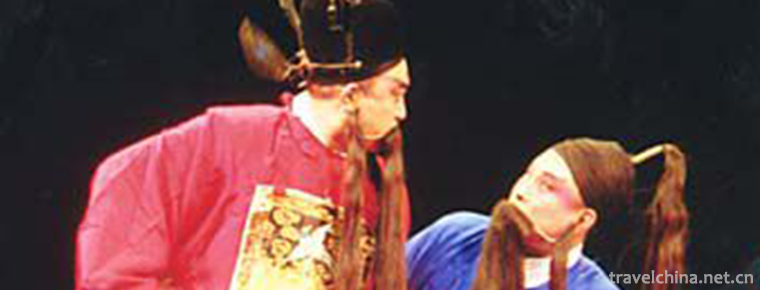Sama Festival of Dong Nationality
Sama Festival of Dong Nationality
Sama Festival of Dong Nationality is spread in Rongjiang County, Liping County, Congjiang County and the surrounding areas of Dong Nationality in Guizhou Province. It is mainly represented by the Sama Festival of Chejiang Dong Nationality in Rongjiang County. Sama Festival is the oldest and grandest traditional festival in the Dong Nationality area of southern Guizhou Province, which is inherited from the customs of the Maternal Clan of Dong Nationality in the social period. Sanbao Dong Village of Chejiang Dam in Rongjiang County is the largest festival.
The State attaches great importance to the protection of intangible cultural heritage. On May 20, 2006, the Sama Festival folklore of the Dong Nationality was approved by the State Council to be included in the first batch of national intangible cultural heritage lists. (Category: Folklore).
Historical origin
Sama Festival is the oldest traditional festival of the Dong people in the south, and it is a legacy of the customs of the matriarchal clan society of the Dong people.
"Sama" is a transliteration of the Dong language. Sama means grandmother. Samarco translates it into Chinese as "grandmother" (also known as Sa-year-old). She is the embodiment of the common ancestor gods of the whole Dong nationality (especially in the southern dialect area). The Dong people believe that the ancestor gods are powerful and supreme, which can give people the strength to defeat the enemy, nature, disaster and win the village Anle, Wugu Fengdeng and Ren. Animals flourished, so they worshipped them piously and were regarded as the Social God of the Dong nationality.
At the same time, Sama is the legendary ancient heroine, occupying an important position in the political, military and cultural aspects of the ancient society of the Dong Nationality. It is said that as early as in the matriarchal clan society, there was a brave and warlike female leader of the Dong Nationality who made great achievements in the battle against the invasion of the enemy. Unfortunately, in one battle, she was surrounded by dozens of enemy soldiers and sacrificed at last. She is regarded as a God who can bring peace and auspiciousness. She is honored as "Sama". There is a saying in Dong Township: Sada of Dong and Temple of Hakka (Han Nationality). In the hearts of Dong people, Sama is their greatest god.
In order to offer sacrifices to Sama, people built mounds of earth on the turf in the middle of the stockade as altars and places for offering sacrifices to Sa - "Ran Sa" (Dong language, "Ran" is a house, translated into Chinese as "Grandmother's house", also known as Sama Temple and Notre Dame Temple). In some Dong stockades, Sama Temple was built. During the Guangxu period of the Qing Dynasty, the open-air altars in the villages of Sanbao were successively built as "Ran Sama House", which is quite meaningful. There are no gods, only the throne. There is a big black umbrella half open on the throne and a pile of stones under the umbrella. That is the symbol of Sa. It symbolizes the happiness, health and unity of the Dong people under the protection of Sama Ying Ling.
Every year in the first month and February of the lunar calendar, a grand ceremony will be held in "Ranza". The scene is huge and spectacular. It has been handed down from generation to generation, forming today's "Sama Festival".
Main activities
Sama Festival is usually held in the first and second months of the lunar calendar, but sometimes it is held in other months according to production, life or other major activities. The scale of the sacrifice is usually sacrificed by villages (Tuanzhai). Some also invite joint sacrifices by neighboring villages, villages or neighboring areas. The scenes are spectacular. The villages of Sanbao Dong Township in the Rongjiang River are mainly married women (and a few men who are respected also participate). Therefore, the activities of sacrificing Buddha in Sanbao Dong Township in the Rongjiang River have a long tradition of matriarchal clan society.
Sama Festival is usually held in spring and autumn. It retains a strong matriarchal clan social legacy. The altar is generally managed by a respectable old woman in the village, while the ceremony of sacrificing the Sama is usually attended only by middle-aged and elderly women and elderly men. When sacrificing the Sama, first the Guan Sa people cook tea, offer tea to Sa, and then the hostesses of each household dress in full dress are lined up. The team went to the sacrifice. Each of them took a sip of grandmother's tea, plucked a small evergreen branch into their hair bun, followed the old woman with a half-open umbrella around the village, and finally came to a specific venue to sing and dance with Sa in a solemn and warm atmosphere. The Dong people prayed for the village to be safe and prosperous and everyone to be happy and auspicious. On Sama Festival, most Dong men were willing to do so. The local people say that Sama Day is also the Women's Day of the Dong Nationality.
The size of the sacrificial sacrifice is very large and magnificent. All the women dress up. When sacrificing the sacrificial sacrifice, the Guansha people first cook tea and offer tea to Sa Jingxiang. Then the ladies dressed in costumes line up to offer sacrifices. Each of them drinks a mouthful of grandmother's tea, picks a small evergreen branch and inserts it in the hair bun. They take the village as a unit and walk along the field, the ancient road by the river to Gulou Square, and the main village of Sanbao is in the main village. At Zhaikou, there are Lalu liquor on the roadside, while some of the Samar team in the Hakka village pretend to be "beggars" wearing straw clothes without clothes and trousers in ancient times. When they come to Zhaikou, beggars beg for liquor and their hosts toast each other with songs, the ancient customs reappear, which is impressive and very strong and unforgettable all their lives.
Inheritance value
Sama Festival has a profound influence on the ideology of the Dong people. The virtues of "the best" of the ancestors play a decisive role in the prosperity of the Dong people. Therefore, respecting the elderly has become a fine tradition handed down from generation to generation by the Dong people. Sama is the God of protection, unity and entertainment of the Dong people. Sama culture has a long history and rich connotation, and has much to do with the social life of the Dong people. The profound influence of this aspect.
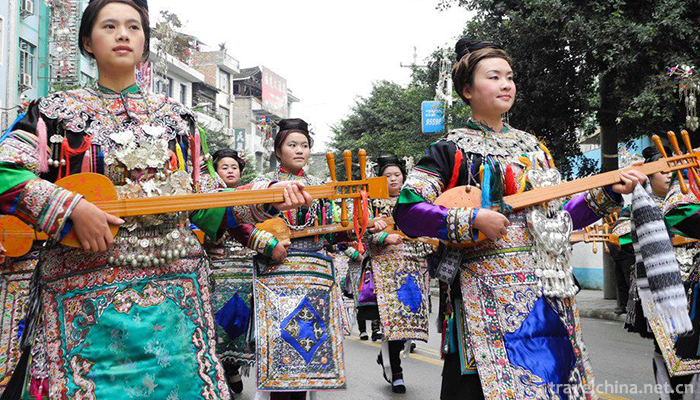
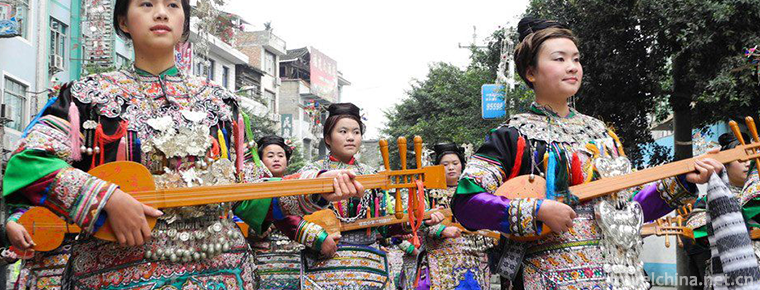
Sama Festival of Dong Nationality
-
Chill chicken rice noodles
Cold chicken noodles, Yunnan snacks, cold rice noodles with ...
Views: 286 Time 2018-10-17 -
Fish in sour soup
Sour soup fish is a traditional dish of Miao nationality in Guizhou. According to textual research, this dish originated from the Yashuang area of Leidong Town, Liping County
Views: 283 Time 2018-11-05 -
Guangegou National Forest Park
Guan'e Gou National Forest Park, located in the outskirts of Chang County, Longnan City, Gansu Province, consists of Guanzhugou, Goose Lou Gou, Mulong Gou, Miaogou and other scenic spots
Views: 221 Time 2019-01-13 -
Huizhou Seaside Hot Spring Resort
Huizhou Coastal Hot Spring is a large-scale comprehensive resort built according to the national standard of "AAAAAA" scenic spots and five-star hotels. It integrates tourism and vacation
Views: 236 Time 2019-01-19 -
Qianling Mountain Park
Qianling Mountain Park is a comprehensive tourist park, built in 1957, located in the northwest corner of Guiyang City. It is named Qianling Mountain because of its "first mountain in southern Gu
Views: 193 Time 2019-02-07 -
Zhanqiao
Qingdao Trestle Bridge is one of the scenic spots of Qingdao Seaside Scenic Spot. It is the first national scenic spot announced by the State Council in 1982, and also the first national AAAA-level sc
Views: 158 Time 2019-03-09 -
Random Bomb Luan tan
Random Bomb, a traditional drama in Taizhou and Pujiang counties of Zhejiang Province, is one of the national intangible cultural heritage.
Views: 220 Time 2019-05-15 -
Shaoxing Pinghu Tune
Shaoxing Pinghu Diao, also known as "Yuejun Nanci", or "Shaoxing Pinghu Diao" for short, is a popular form of folk art in Shaoxing and its surrounding areas in Zhejiang Province. I
Views: 168 Time 2019-06-14 -
Yingge Liushu
Yingge Liushu, also known as Yingge Liuzi, is a traditional art form of rap and singing spread in southwestern Shandong, southern Shandong, Eastern Henan and Northern Jiangsu. Legend has it that the L
Views: 307 Time 2019-07-14 -
Huanglian earth forest
Huanglian earth forest, namely the earth forest in huanglianguan Town, is a geomorphic landscape developed on a set of ice water freeze-thaw debris flow deposits. Huanglian earth forest is located in huanglianguan Town
Views: 173 Time 2020-10-16 -
Donghekou earthquake site park
Donghekou earthquake site park, located in Qingchuan County, Guangyuan City, Sichuan Province, is the first earthquake site protection memorial site of Wenchuan earthquake. On November 12, 2008, the opening ceremony and the launching ceremony of the tourism market after the earthquake were held.
Views: 262 Time 2020-11-08 -
Convenient facilities and medical services of Chengdu Giant Panda Base
Chengdu Research Base of giant panda breeding has a tourist service center in the hall on the first floor of the museum, which can provide free convenience services such as microwave heating, drinking water hot water, baby carriage, wheelchair, walking stick, umbrella, needle and thread bag, etc.
Views: 403 Time 2020-12-13
